Gen. 2:18-24; Ps. 128:1-6; Heb. 2:9-11; Mk. 10:2-16
Cling to Jesus that we may become of one flesh with his body and blood. “The two shall become one flesh” is the foundation of experiencing the love of God in holy matrimony. “That is why a man leaves his father and mother and clings to his wife, and the two of them become one flesh.” To be of one flesh is to come together and be of one mind and heart and reveal ourselves to the other. Jesus reveals himself to us to know him, love him and serve him and by doing so we recognize him, his love for us, and his continual sacrifice for us.
Husbands how well do you know your wife and wives how well do you know your husband? Parents know their children and spend a lot of time observing them seeing them grow and understanding who they are to help them become the best that God created them to be. In doing so however do not lose focus on each other as husband and wife or you may wake up one day and ask “who is this person I live with?” Two persons united to Jesus in the mystery of faith become of one body to be fruitful vines who know thyself as a person, as a couple, and as children of God. In marriage we are to help each other grow in holiness to be the best of thyself for the other.
Are men clingy to their wives? Just ask the wife how clingy a man is when he gets sick. She will tell how quickly a man becomes like a child clinging to his wife to care for his needs. Clinging to our wife should not wait until we are faced with our mortality. Clinging in the healthy sense is recognizing that marriage is the priority. The job is not first, the friends don’t come first, the money not does come first, that boat or golf clubs don’t come first. “Querias!” you asked for it and vowed with the words “I do”.
Are women clingy to their husbands? Just ask the husband if his wife changed priorities with the birth of each child how far down the priority he has fallen. Children are a priority that succeeds only when the marriage works in being of one mind and body, that is working together for their good. We can cling to our children like helicopter parents unwilling to face the empty nest and they will grow to be adults despite the clinginess of parents or they will suffer the insecurities of life afraid to go forth and master the gifts of their talents for a greater good. We cling to our spouse but not to our children because they are a gift from God that needs to return to him. He left for the man and woman each other to cling to as a “suitable partner”.
Children grow up and leave the home but who do they first call when they get sick? They call home to mom to cling on for a remedy. Moms do you like having your husbands and children clinging onto you? Sometimes clinginess can become burdensome and we hear the frustration and impatience come out with “what do you want? Not now!” Not only is a husband flesh of your flesh through matrimony but children coming from the womb are literally flesh of your flesh. In loving them it is the love of self being expressed in the other that binds us into one flesh. The challenge for parents is to allow our children to grow apart from us, to struggle into maturity and eventually to see them leave us as parents and cling to another and becoming one flesh in search of the fullness of life.
Jesus says, “Let the children come to me” and nothing like having to face hardship through illness, trauma, tragedy, or sin and seeing our lives come apart to realize how much we need to come to our God as clingy children of faith, seek forgiveness and be healed. We are all called to cling to Jesus. Jesus is our salvation. Remember when Jesus was left behind in Jerusalem as a child and his parent had to return and search for him. It is the fifth mystery of the Joyful mysteries of the rosary. They found him in the temple ready to go about the will of God the Father but he remained obedient to his parents because his hour had not yet come. The hour eventually comes for all of us to decide who will we cling to? Cling to Jesus!
In marriage preparation the question to ask is whether the person we to want to marry and cling to we are also willing to sacrifice and die for. Too often in our culture marriage is seen as a “trial” experience or one person is ready for that lifetime commitment but the other lacks that sacrificial love of other and the relationship deteriorates after months, years, or even decades of failing to enter into a covenant of love. The early pitfalls of a marriage are those good intentions that do not equal readiness to enter into a covenant love with each other especially if that covenant love has not been established with God first.
We need to grow in covenant with God to recognize when true love is there as an offering coming from someone else. The first teachers of that love are our parents when it is there. When it is not there due to divorce, a dysfunctional home, or the evil of sin in the lifestyle choices then “love” is simply a word of desire or emotion with unmet needs. No one can fill that void in life without God first. God is love. God is a person we enter into a personal relationship with that is to define any and all other relationships of love. In God’s love we grow in maturity within our human experiences to know true love, beauty, goodness, and truth when we enter into the unity as husband and wife.
MRI studies (magnetic resonance imaging) indicate the male brain does not fully mature until age 25 while the female age is at 21 years-old. Now add today’s culture of drug and alcohol misuse and for some the maturity is not only extended into later life but for others it becomes locked into the immaturity of a child, self-centered, impulsive, and driven by the passions of the body and temptations of the world. The result is the danger of clinging onto someone who is not only unhealthy to themselves but to the relationship of marriage in the least and in the worst can be damaging to the soul. For these the church recognizes it was never a covenant marriage and allows for the annulment of what never was.
Just because the marriage is annulled does not make illegitimate the children of the marriage. In fact, all children in marriage or out of marriage, in the womb or out of the womb are legitimate children of God. Jesus is reminding us “let the children come to me”, let the unborn “come to me” for at the moment of conception they have receive their soul and it is not righteous that they be denied life for the sins of another. That is not a choice for God or for love of God. It is a choice for evil and to suffer the consequences of that evil.
The sanctity of the family is under attack for it is the first institution that determines a child’s foundation of faith. When divorce becomes prevalent in society not only is the family broken apart but the trust of commitment to each other is broken. We no longer cling to each other in a covenant bond to last a lifetime. We begin to establish those conditional “prenuptial agreements” that say “I will love you conditionally as long as you are faithful to the agreement” instead of fidelity to the person. Even when the agreement is not in writing it is already a condition being written into the heart of the person who seeks marriage. Adultery of the heart begins before there ever is adultery of the flesh and divorce will not be far behind.
It is in the home that a child learns they are a creation of God to grow to be the best they were created to be in the image of God. God first is the greatest commandment. Beliefs that attempt to rise above God from ideologies of the world are attempting to replace the primacy of God for the primacy of theory and laws that satisfy the human desire for power. “He ‘for a little while’ was made lower than the angels that by the grace of God he might taste death for everyone…(is) bringing many children to glory”. This is not a theory but a person, Jesus Christ. He is above all to be in all and through all who receive him. He did not bring us a theory of God but the person of God to be our God, “leader to their salvation perfect through suffering”.
God’s love is “brought to perfection in us” by our participation in the mystery of faith through the bond of marriage. In marriage we struggle together, we celebrate together and at times we suffer together but never alone for “if God is with us who can be against us”. Our goal in holy matrimony is to help each other get to heaven. There is a choice and a consequence for the greater good or for the greater evil by how we choose to participate. God’s work of perfection in us begins in the family when we create a Godly home, secure in faith and commitment to God and to each other. Our presence in church is a sign of that commitment. If coming to church is not priority then how can we say “God comes first” in our life? God is most present to us here in the Eucharist.
We all became comfortable in participating in “church” virtually with the pandemic. It is in church however where “the two become one flesh” when we take and eat and drink of his body and blood. Spiritual communion is not the ideal that Jesus left us to do in remembrance of him. He desires our transformation into his body and blood by receiving him in the Eucharist so that it is no longer us but Christ is us that lives and we cling to him who is life eternal.
The infant Jesus born of the womb of Mary did cling to his mother to grow as the son of Mary and Joseph in his humanity. Mary the Immaculate Conception was brought to perfection to be the channel of grace for her son to be born who “for a little while was made lower than the angels” to cling to the cross that “he may taste death for everyone” so that we may “all have the same origin” to become of one flesh with Jesus. This is our call to return to the promise land in the flesh. Thus, Mary did cling to Jesus to remain by his side at the hour of his death, at foot of the cross on his last breath and at the hour of her death when she ascends to heaven to remain at his side. Do we cling to Jesus? Jesus desires to cling to us calling us to his salvation. Jesus does not push away from us we push away from him.
Today, cling to our blessings, cling to the fruitful vine who God made to be “your suitable partner”. Cling to our Mother Mary and Father in heaven that you may see your children’s children. Cling to the cross that this moment may soon pass by into the greater glory of God. Cling to our mother church who is here to sanctify us and be with us in the journey. Cling to Jesus, that the Lord may bless us all the days of our lives.
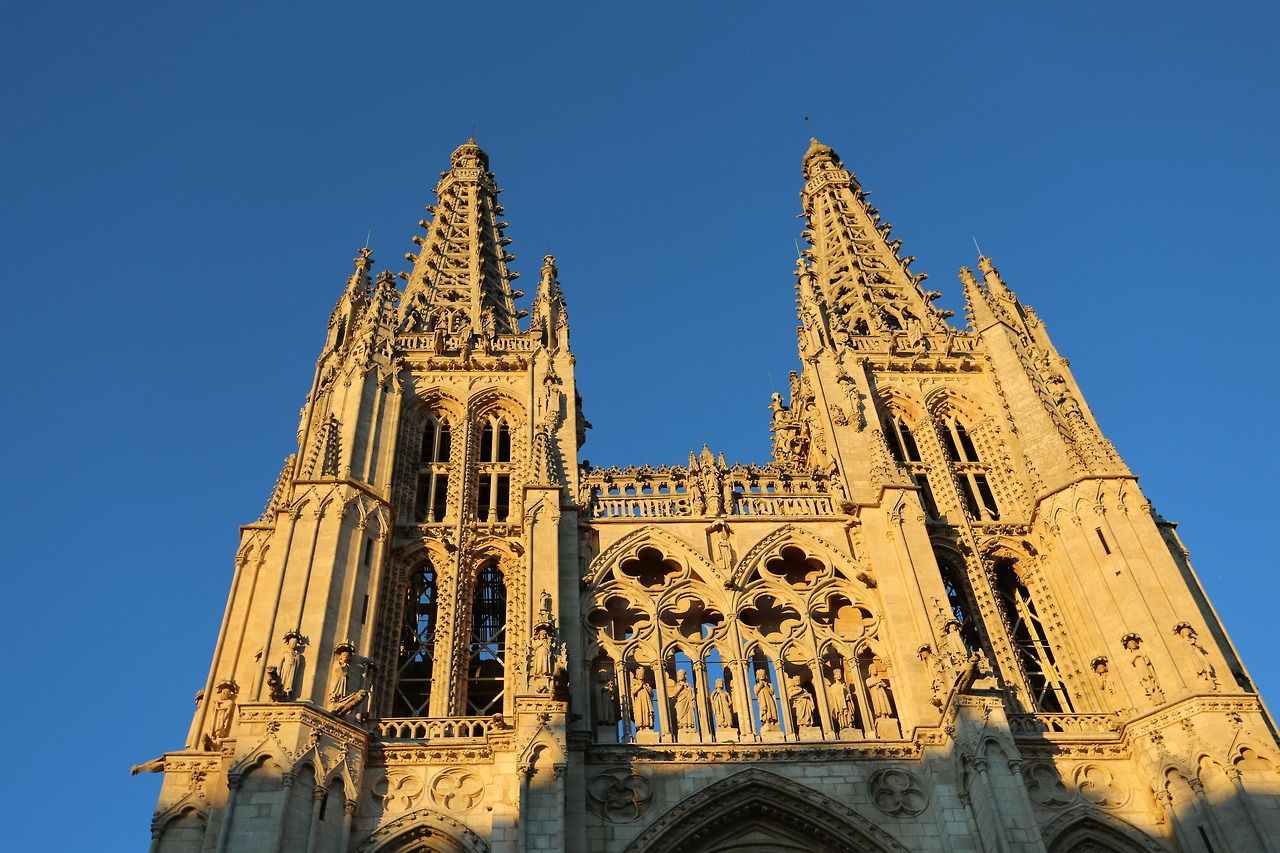


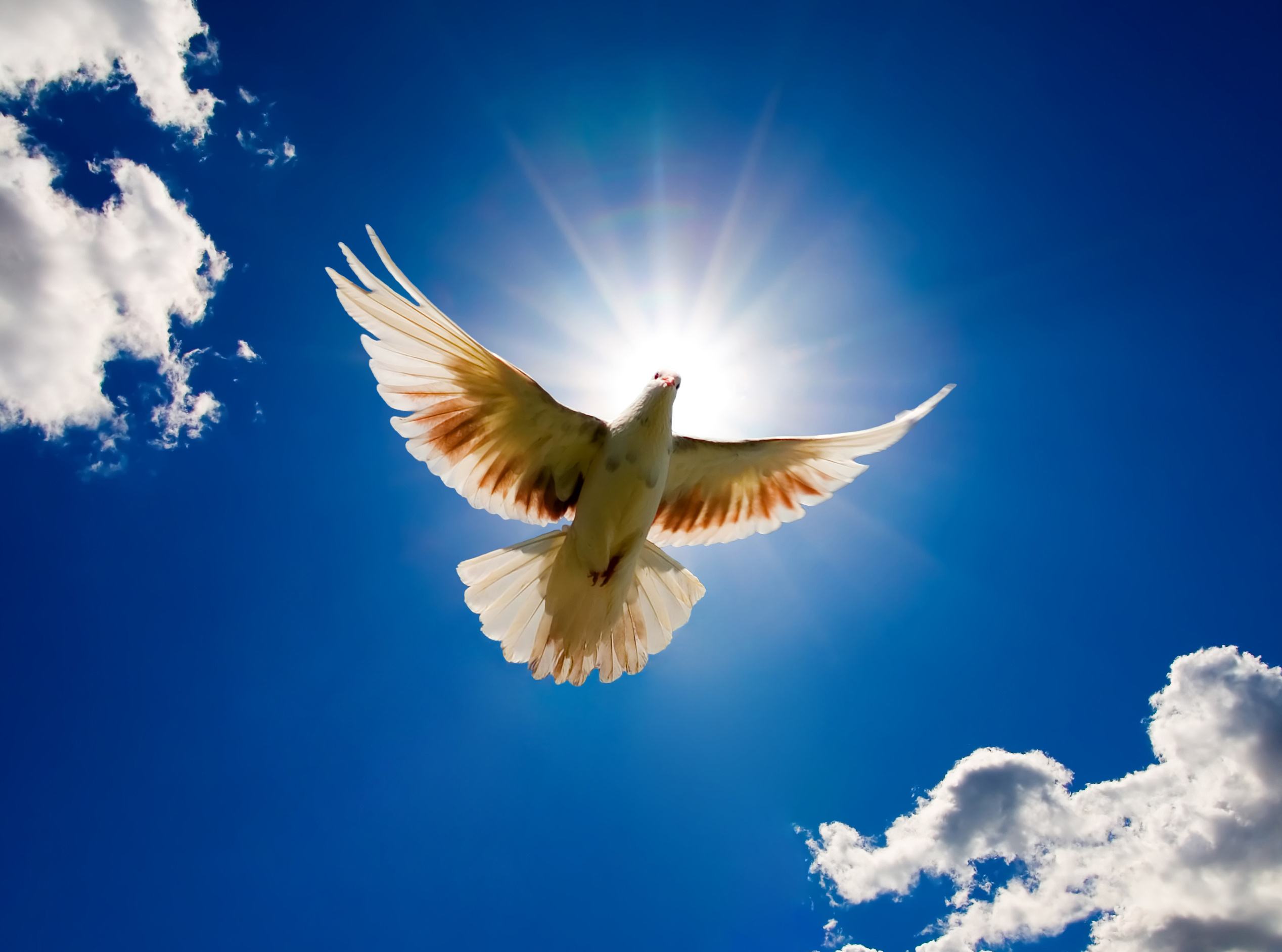

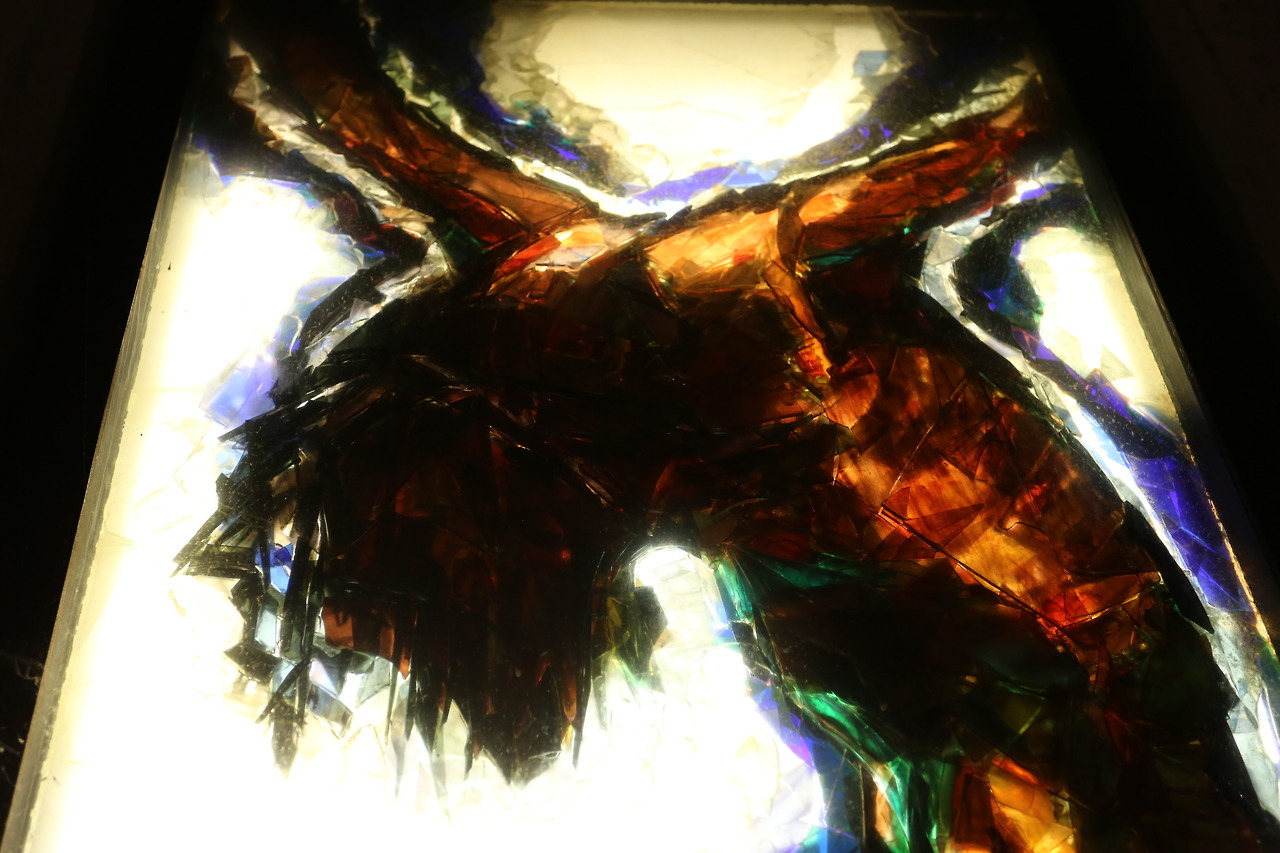

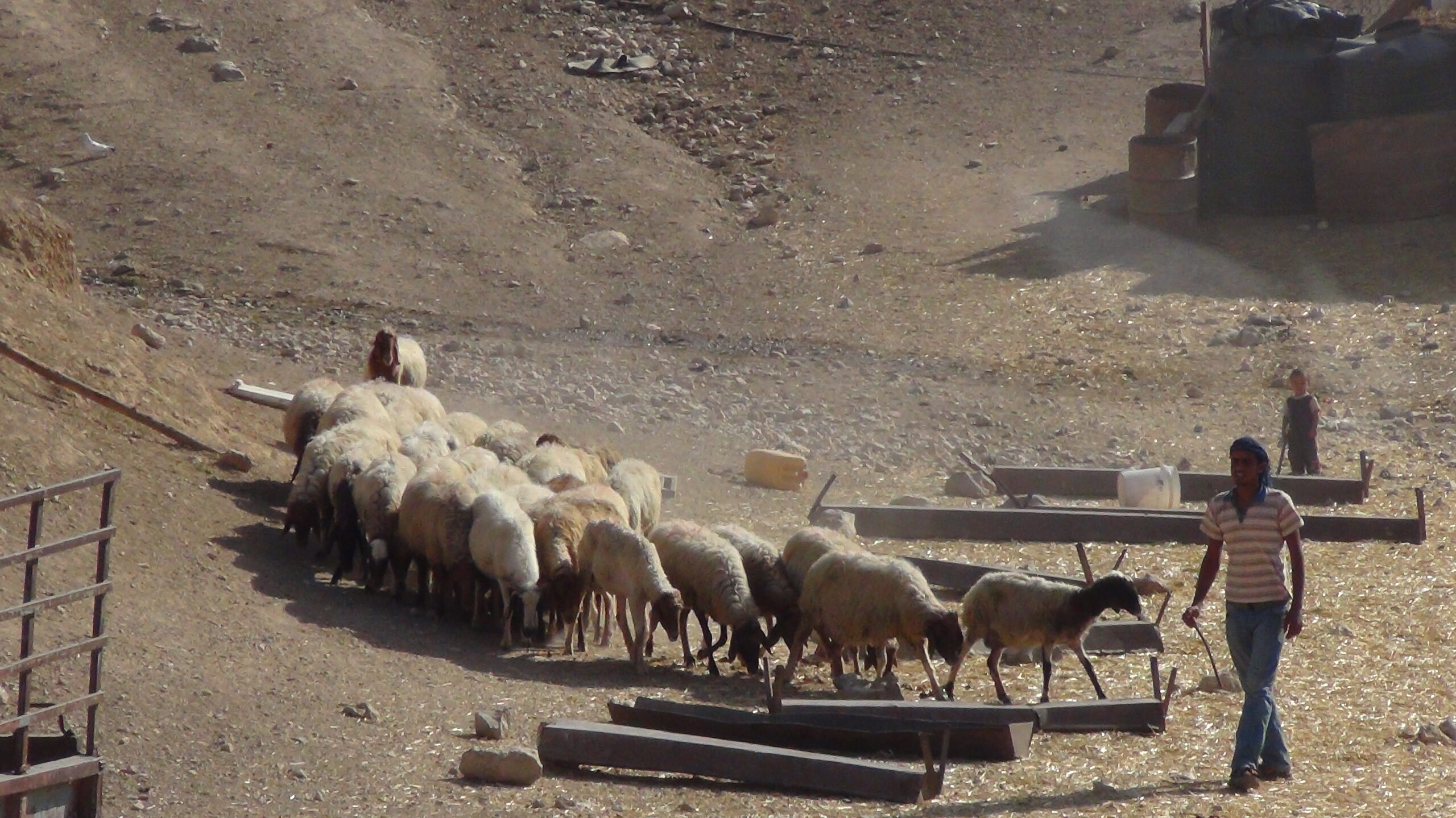

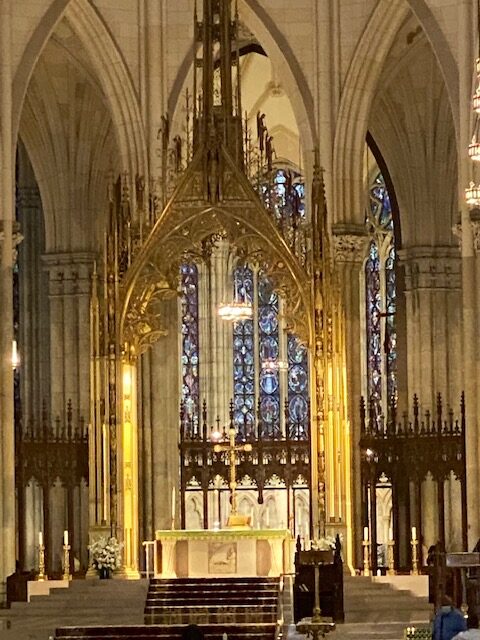

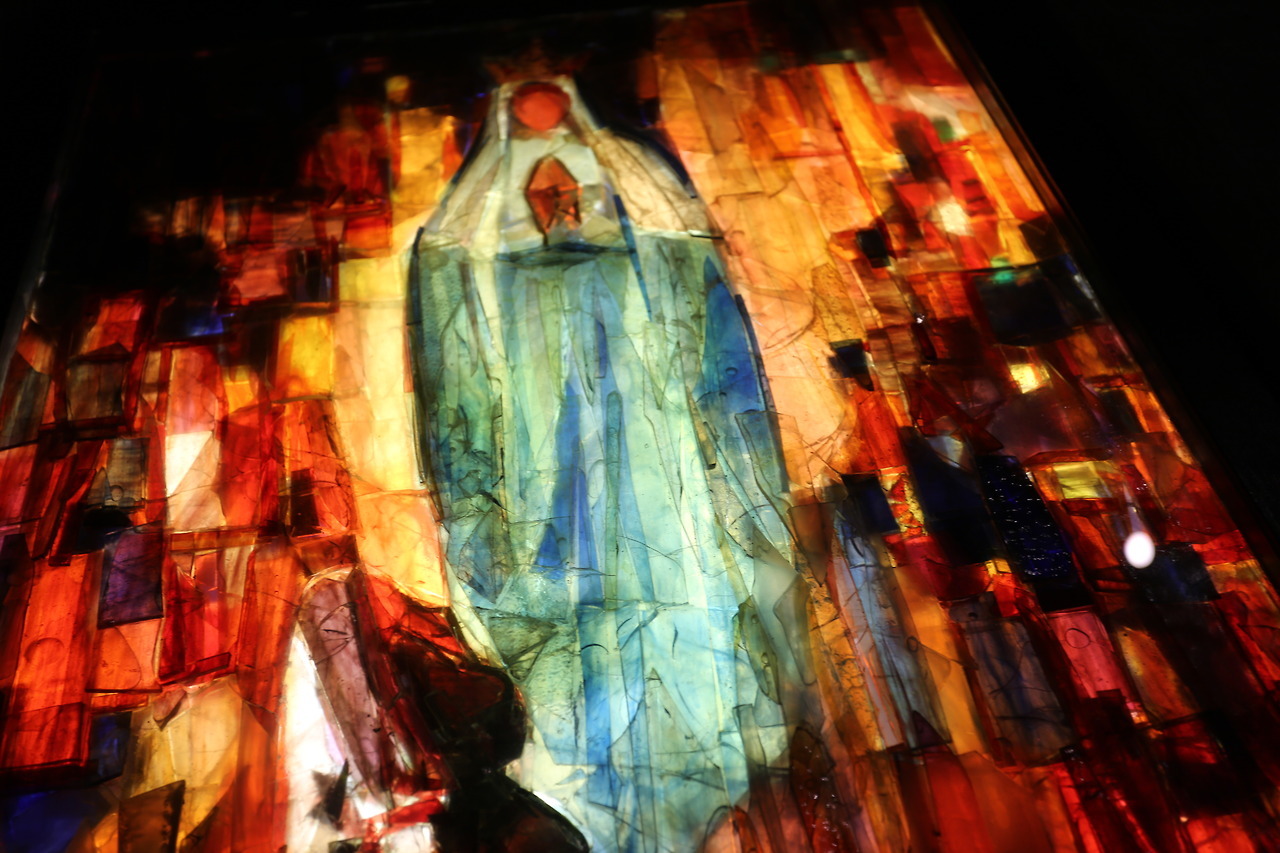

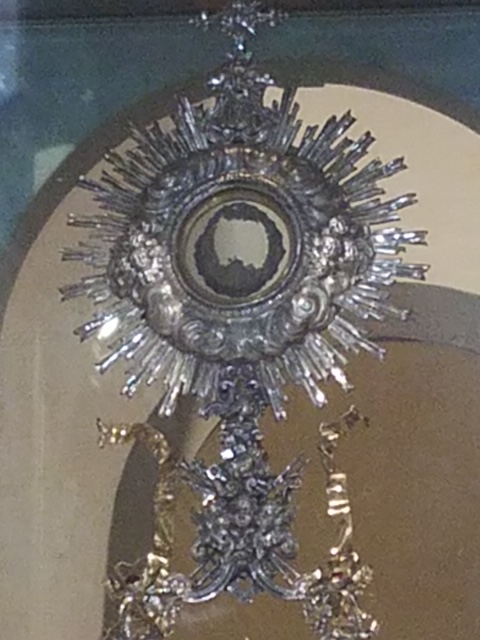

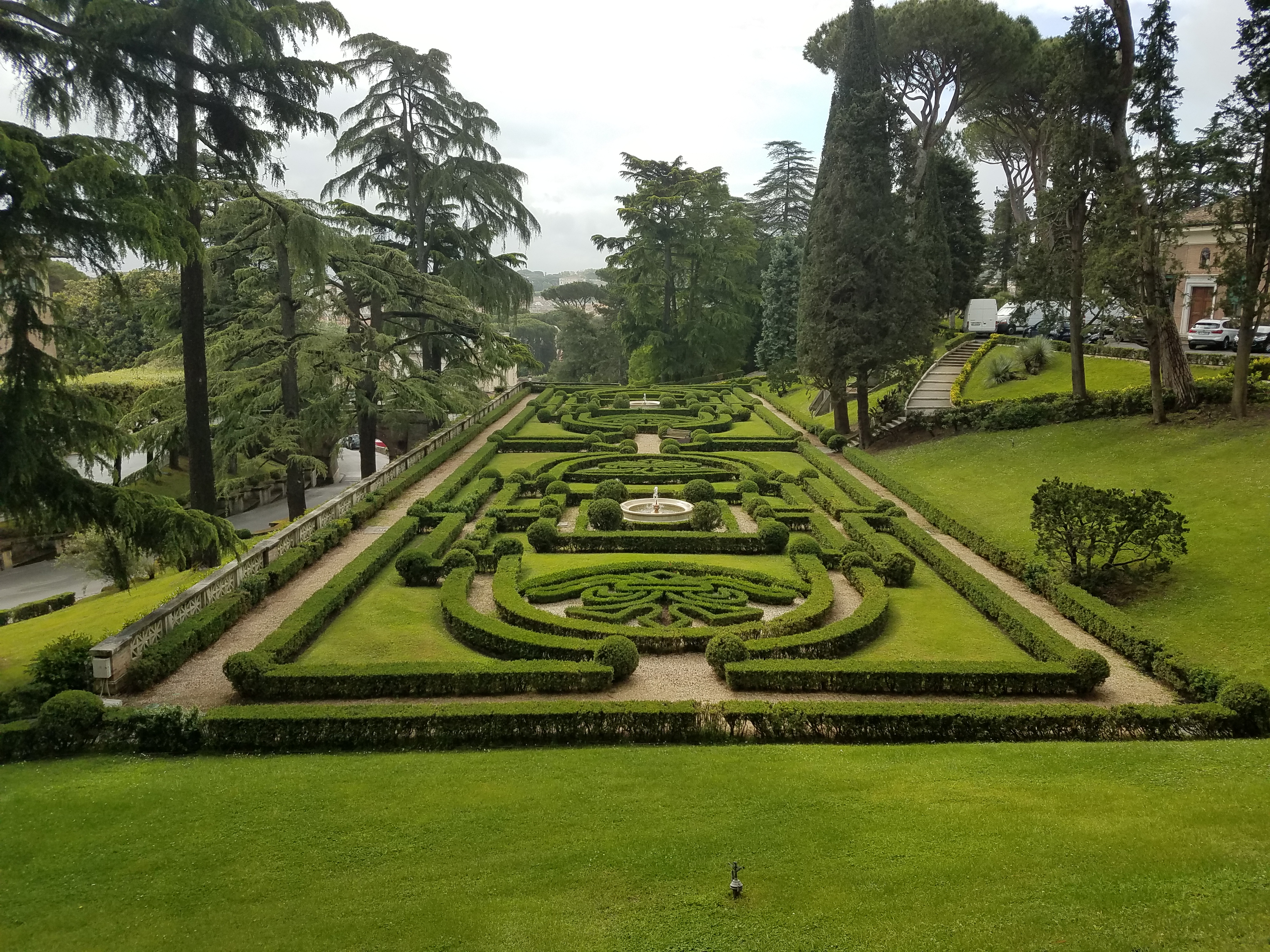

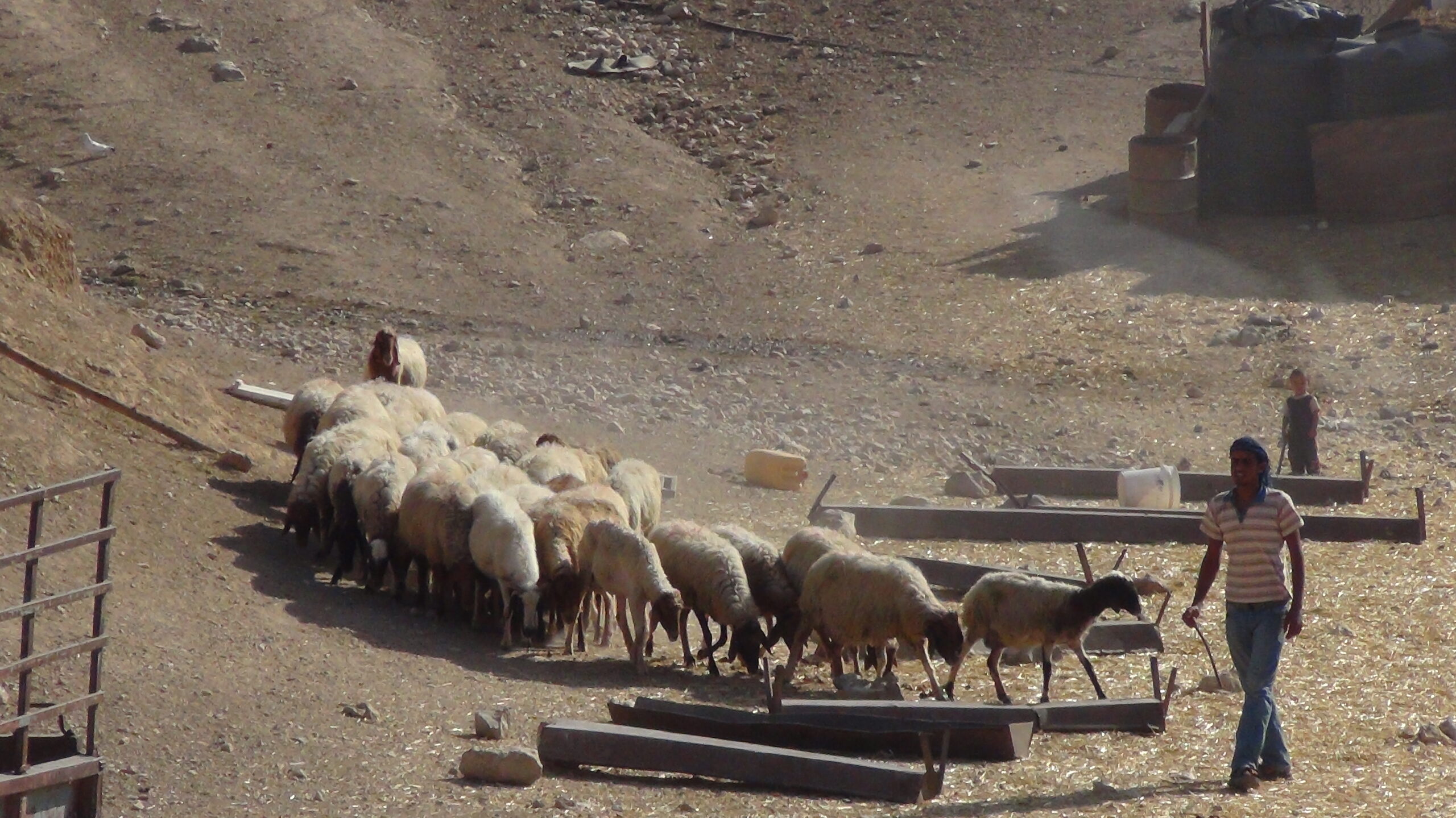

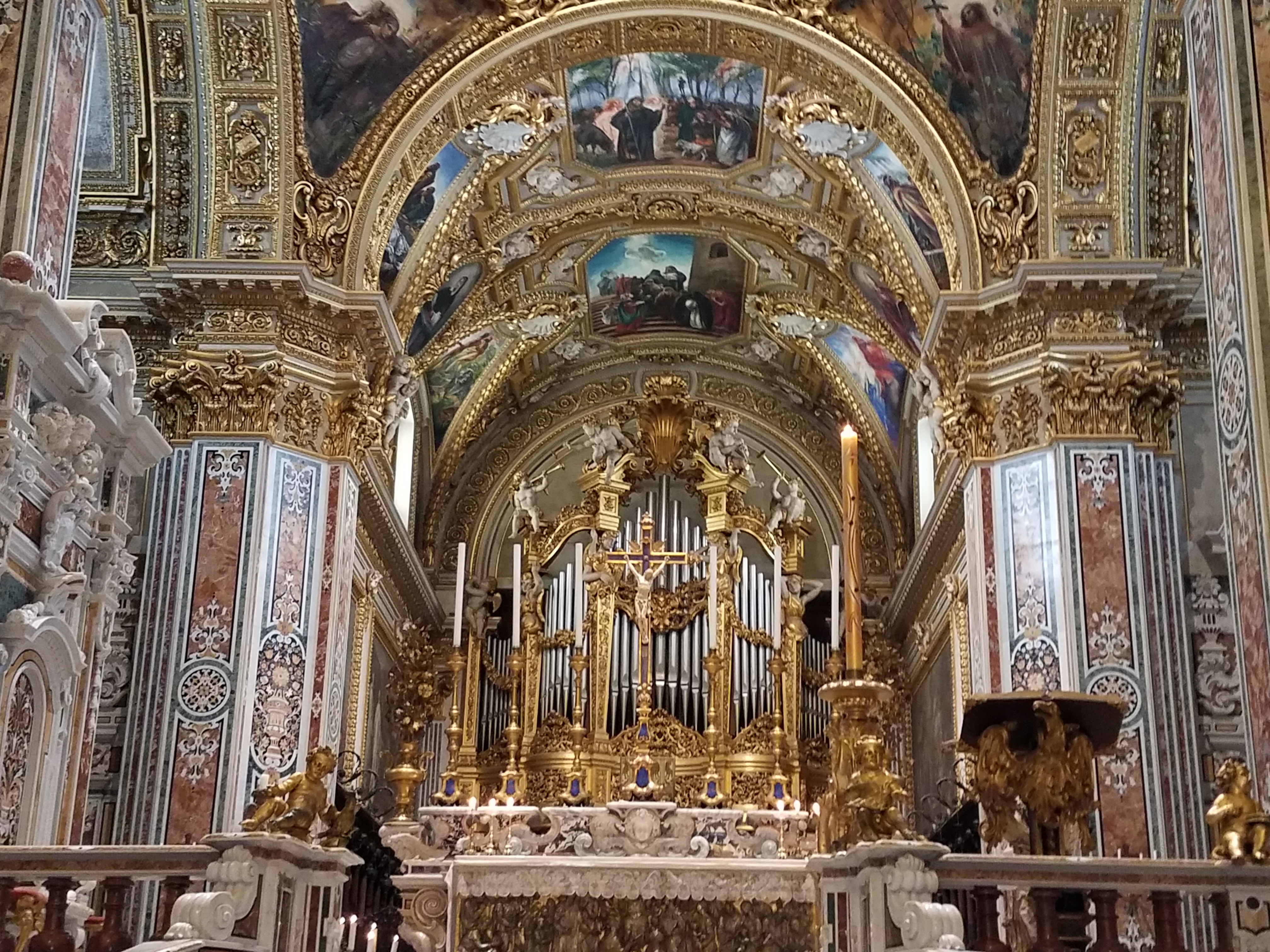

Recent Comments